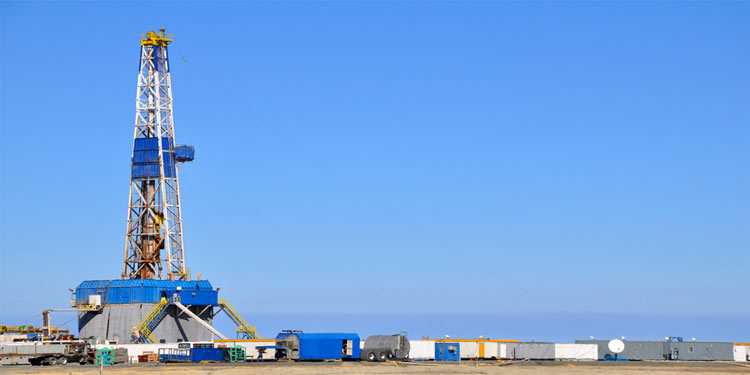
According to GlobalData, a leading data and analytics firm, new entrant countries show great gas supply potential for the area, but they place a premium on megaproject approvals and the suppression of ongoing civil unrest and domestic uncertainty, which are stifling progress in the field.
As countries continue to build their gas supplies, demand and supply for the commodity have grown slowly and steadily in Sub-Saharan Africa. The area is anticipating a major increase in gas supply from projects currently under construction and in the pipeline. Apart from Angola and Nigeria, several other countries are struggling to enter into the growing LNG market.
“The newcomers to the market over the next decade, most notably Mozambique, Mauritania, and Senegal, could carry an additional 20 mtpa of LNG to market by 2025,” says Conor Ward, Oil & Gas Analyst at GlobalData. The majority of this new capacity is due to come from Mozambique’s Rovuma LNG totalling 15.2 mtpa, however, the project continues to experience delays and it is becoming increasingly unlikely that this capacity will be seen within the decade due to ongoing instability in the country. In Mauritania and Senegal, BP lifted its force Majeure last year and the long awaited Tortue project should see first LNG in 2023, adding 2.5 mtpa for each country.”
Total SE, the developer of the Mozambique LNG project, recently implemented a Force Majeure, citing the risk of harm to employees as a result of civil unrest, and the Mamba Complex participants have continued to postpone FID as they take a step back to re-evaluate the sector in light of the forthcoming mega-projects in Qatar, which are expected to come online in the coming years. Golfinho-Atum along with the Mamba Complex would account for 10% of globally planned and announced LNG projects by 2030, however this timeline is now becoming harder to see.
Ward continues: “On the flipside, the region is showing signs of a growing gas reliance with aims to increase the use of the fuel in power generation to replace coal or diesel. With this in mind, Ghana has become the first Sub-Saharan African nation to construct a regasification terminal (Tema) to secure its long-term gas supply and will have sufficient capacity to meet almost the entirety of the country’s demand for the fuel. With the growth of regasification in the region, this will provide greater supply flexibility and reduce reliance on pipelines which have been prone to disruption.
“The region has vast gas potential, but projects are still being delayed, whether due to civil unrest or a lack of fiscal incentives, and while the region has considerable growth potential, especially in Mozambique, the current obstacles must be overcome to achieve this growth.”
